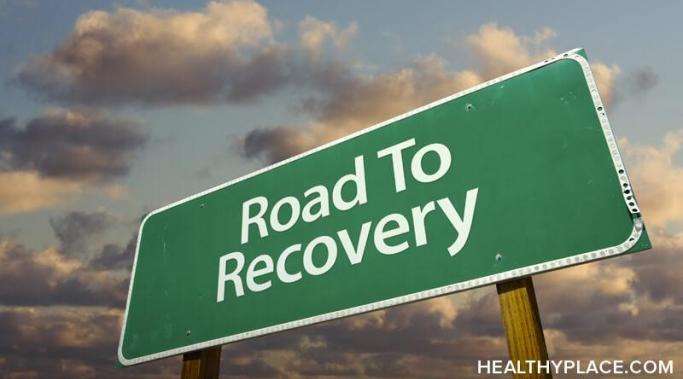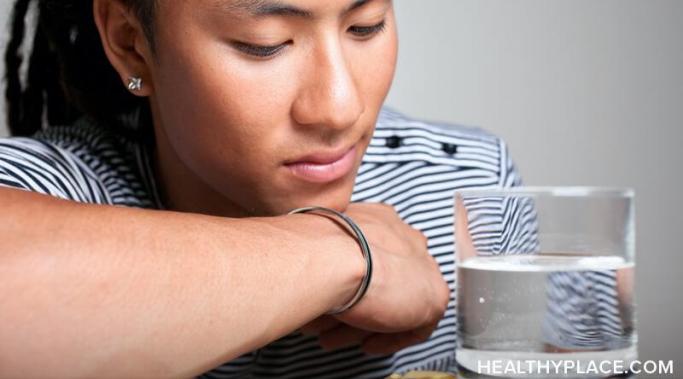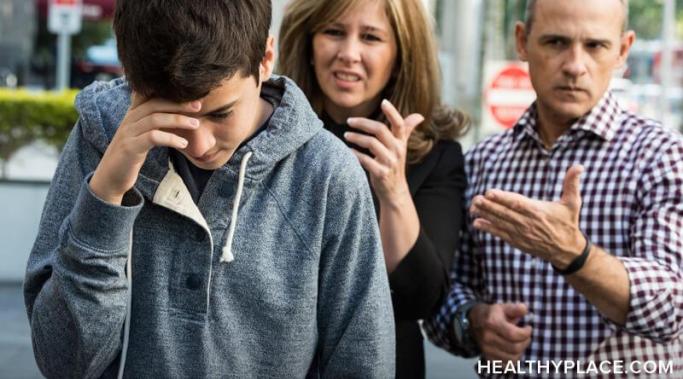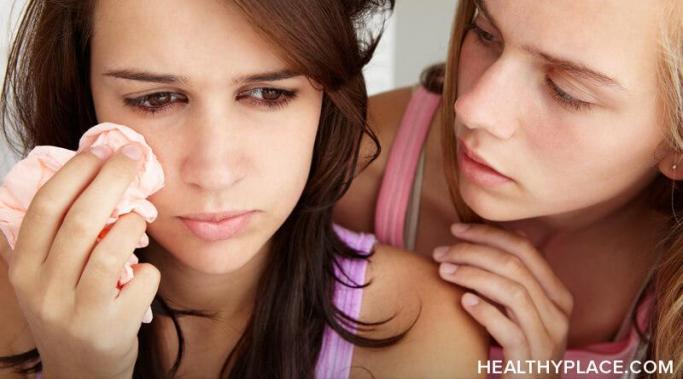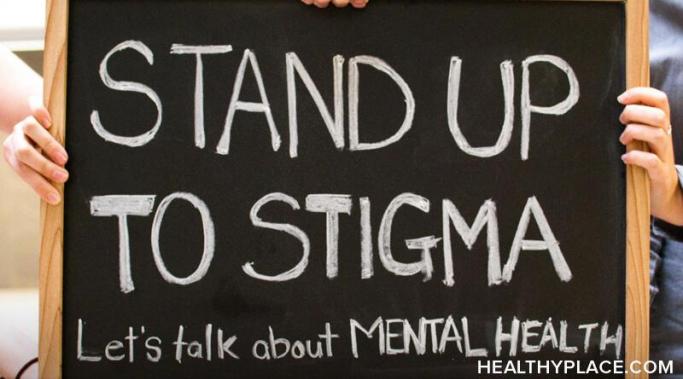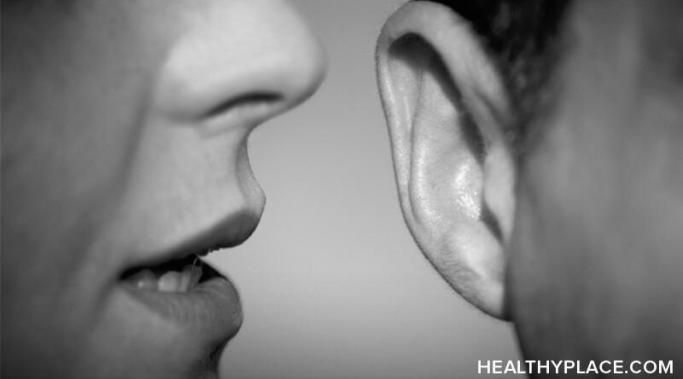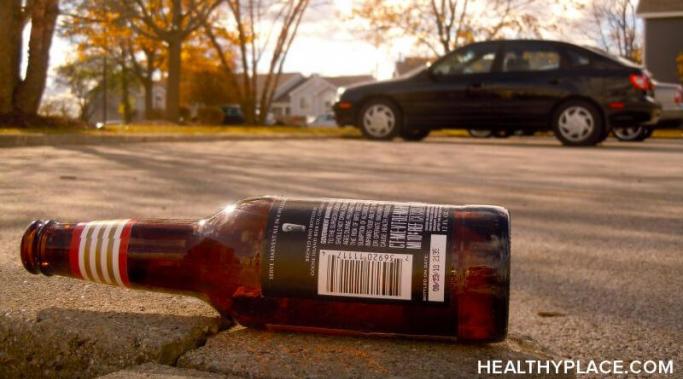Taking on motherhood with a mental illness makes starting a family difficult. I had been diagnosed with schizoaffective disorder and bulimia in my early 20s, 10 years prior to giving birth to our daughter (Mothering With an Invisible Mental Illness). My husband and I always wanted children so we decided to take a chance. Here’s our story of entering motherhood with mental illness.
Recovering from Mental Illness
Attending college with a mental illness can be very challenging. The stress of your course load can exacerbate your mental health symptoms. If you’re attending a school away from home, being far from your family or support system can add even more pressure. My time in college was a very long and bumpy road, but when I slowed down and put my mental health first, I was finally able to graduate in 2014. Here’s how I survived college with a mental illness.
I’m Megan Rahm and I’m a new co-author for the blog Recovering from Mental Illness. I live in Toledo, Ohio with my husband and 14-month-old daughter. I have struggled with mental health symptoms most of my life, and in my early 20s I was diagnosed with bulimia and schizoaffective disorder.
Working while on disability should not be penalized. I used to work in a restaurant for $8.25 an hour for 20 hours a week. I reported this income to Social Security, and my Supplemental Security Income (SSI) benefits were terminated. Not only that, but the government told me they overpaid me and I had to pay the money back--all at once. This is not right. Working while on disability should not be penalized.
There are three ways dehydration can impact your mental health. It's summer in the Northern Hemisphere, and for a lot of us that means heat and humidity. We already know that psychiatric patients are effected by the heat, but there are also three ways dehydration can impact your mental health?
Many people with mental illness have their reasons to self-injure but it's important to resist self-harm urges. While most commonly associated with borderline personality disorder (BPD), self-harm can occur with any mental illness. There are three reasons people self-injure: to punish themselves, to feel something instead of nothing, and to feel stronger.
There are many reasons people die by suicide when living with mental illness, but I'm going to focus on three. Suicide is an all-too-common outcome of mental illness, and most suicides have untreated mental illness as a factor. But what drives a person to the edge? What overrides the instinct for self-preservation and causes a person to end it all? I've attempted suicide, and these three reasons people die by suicide hit closest to home for me.
How do we end mental illness stigma on college campuses? I want to figure it out because I was diagnosed with several mental illnesses when I was in college, and the entire debacle was handled poorly. First, I was told to seek help through my church and submit fully to the Lord. When that didn't work, I sought help through the university's counseling center, only to be referred several different times to different agencies in the community before ending up with one of the staff psychologists back at the university. When I became suicidal, I was suspended from class, kicked out of the dorm, and all my professors were notified--and I had to meet with the dean to be re-instated. Stigma was definitely a problem--and here's how to end mental illness stigma on college campuses.
Have you ever wondered what it's like to hear voices? Hearing voices is a classic symptom of schizophrenia. The bad news is, they're sheer torture. The good news is, medication can help--I haven't heard voices in several years. But for those of you who wonder, here's what it's like to hear voices.
Recognizing powerlessness over addiction is the first step to freedom--both literally and in literature. It's recognizing your powerlessness that is the tricky part. So here are some ways to know if you are powerless over your addiction.


